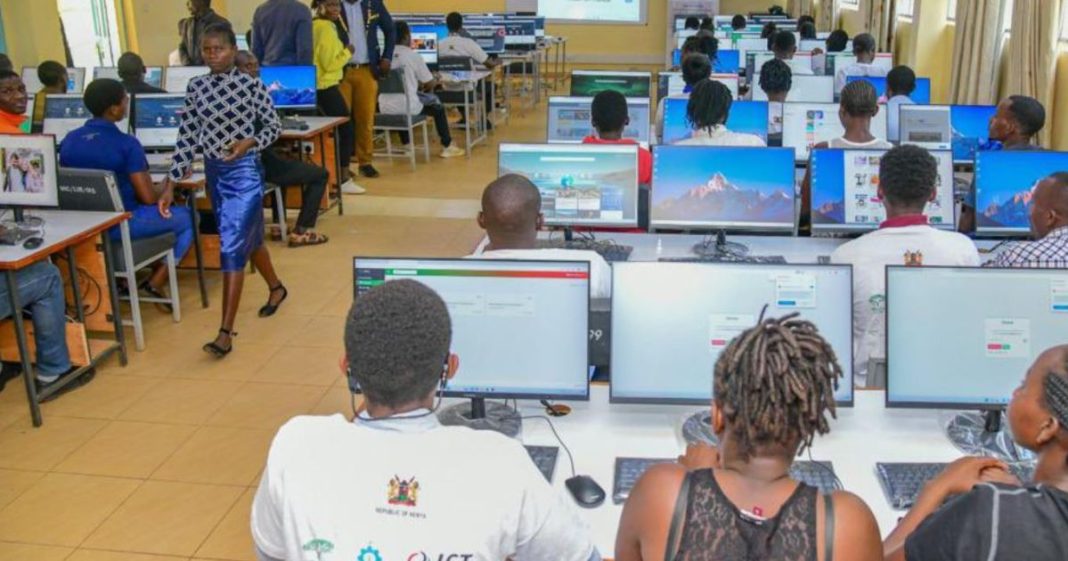A quiet yet powerful digital revolution is unfolding in Kiambu County, transforming how residents access healthcare, education, business opportunities, and government services.
Through strategic partnerships with tech firms such as Liquid Intelligent Technologies, the county government has rolled out free public Wi-Fi zones in Thika, Ruiru, Kiambu, and Kikuyu towns each covering a 5-kilometre radius with speeds of up to 10 Mbps. The hotspots, placed at markets, hospitals, bus stages, and government offices, have become lifelines for small traders and students alike.
“This Wi-Fi initiative is driven by the county’s mission to use technology to improve service delivery for all Kiambu residents,” said Douglas Njiraini, the county’s ICT Director.
At Kiambu Level 5 Hospital, the impact is tangible. “We can now access patient records instantly, consult with specialists via video conferencing, and order supplies online. What used to take days now happens in minutes,” said Dr. Grace Muthoni, a medical officer, adding that the digital connectivity has even saved lives during emergencies.
In the education sector, the shift is equally transformative. Schools such as Ndenderu and Gitothua Primary have embraced e-learning tablets and virtual classrooms, enabling pupils to access materials from the Kenya Education Cloud and catch up on lessons remotely.
“Our students now have equal access to digital learning, whether they are in rural or urban areas,” said Mary Wanjiku, a teacher at Gitothua Primary School.
The ripple effect extends to innovation hubs like the Ndumberi ICT Hub, where dozens of youth are undergoing training in transcription, web development, and digital marketing under the Ajira and Jitume programs.
“Before this hub opened, I was idle at home after Form Four. Now I’m learning web development and earning through freelancing,” said 24-year-old Kenneth Kariuki.
Centre Manager Samuel Wainaina said the hubs are “rewriting the future of Kiambu’s youth” by equipping them with marketable skills and access to global opportunities.
Government services are also becoming faster and more efficient thanks to the Last Mile Connectivity Project, which has installed internet infrastructure in offices, prisons, and civil registration centres linking over 25,000 local markets to digital platforms.
Private firms such as Fahari Link have joined the movement, extending affordable internet to underserved areas near Tatu City. “We’re not just connecting people; we’re connecting aspirations and futures,” said Alex Kahu, Deputy Country Head for Rendeavour.
Kiambu MP Machua Waithaka praised the initiative, noting: “The future belongs to those who embrace technology. These hubs are preparing our young people to compete globally while creating opportunities here at home.”
With over 280 ICT hubs already operational nationwide and more fiber optic cables being laid, Kiambu stands as a beacon of Kenya’s digital transformation proving that the digital economy is no longer a promise of the future, but a thriving reality today.






